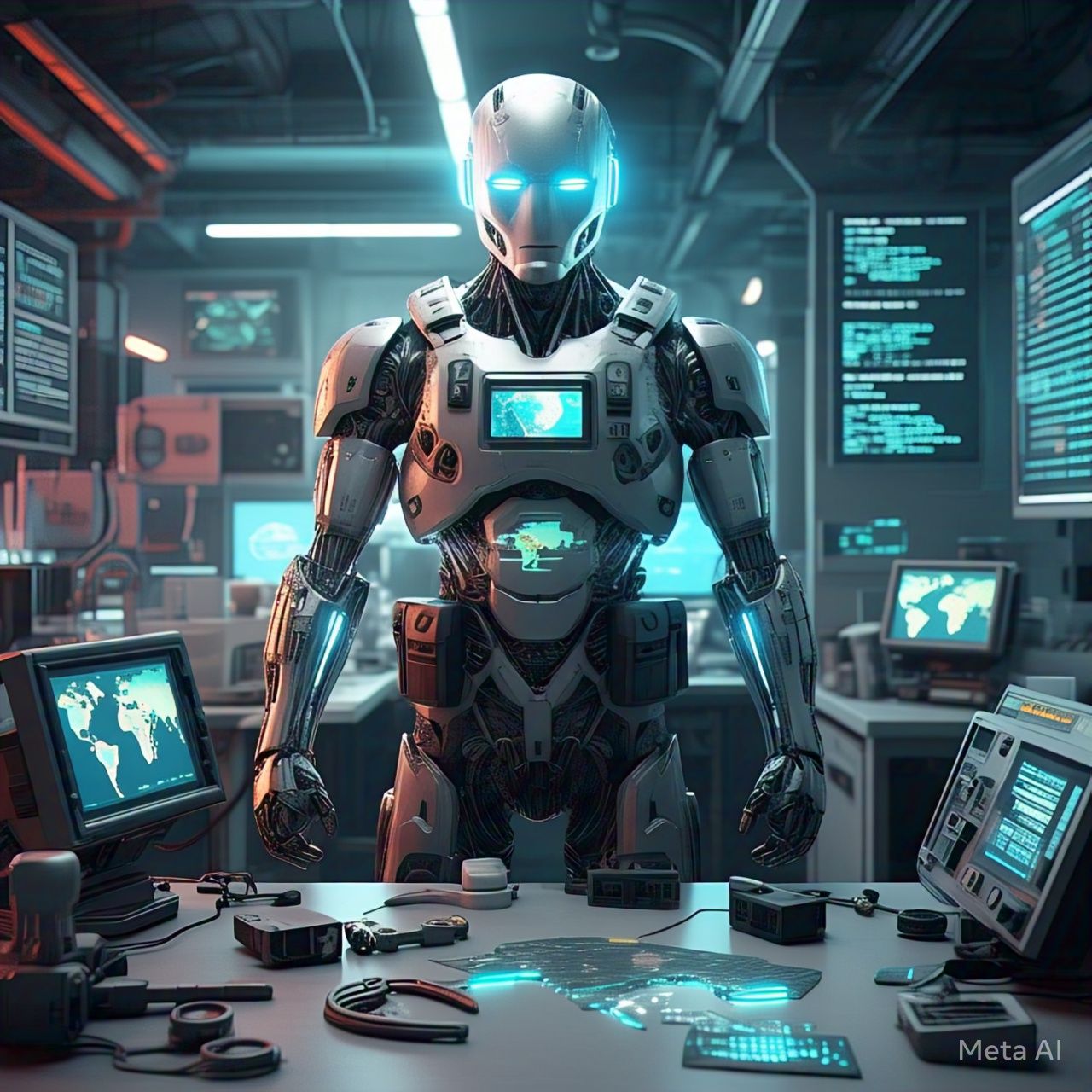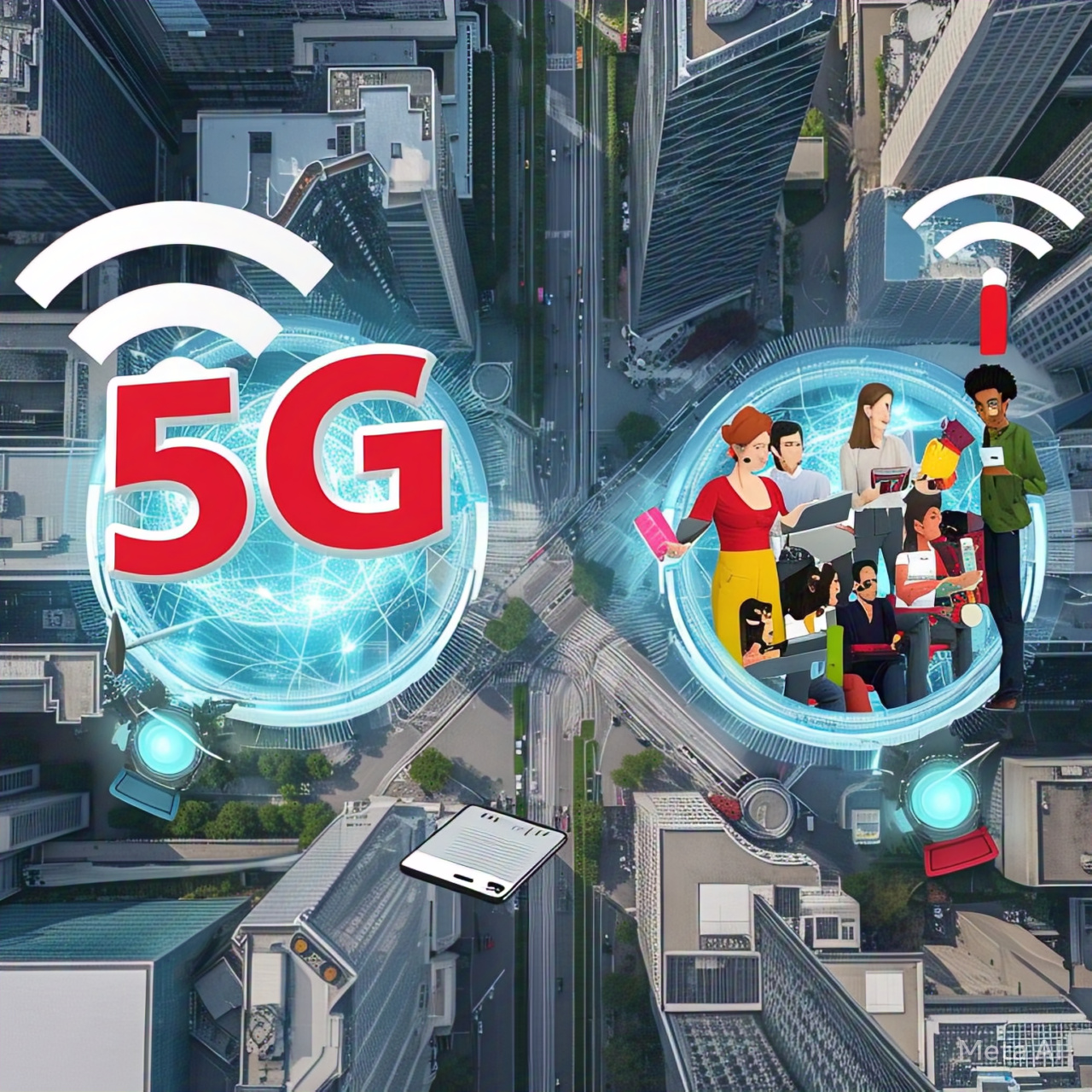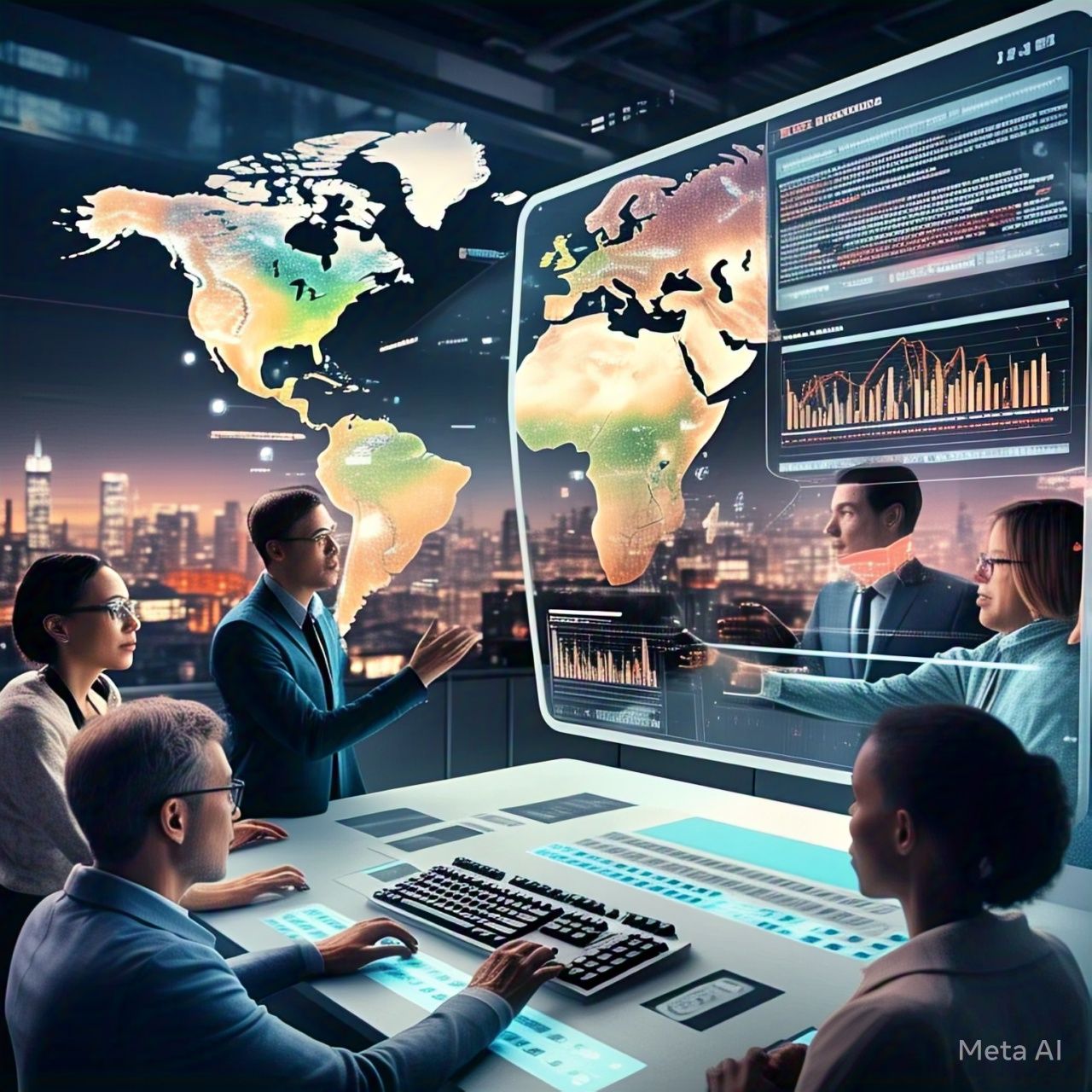Table of Contents
- Introduction
- The Origins of AI
- Key Milestones in AI Development
- The Rise of Machine Learning and Deep Learning
- AI in the 21st Century
- The Future of AI: Trends and Predictions
- Ethical Considerations and Challenges
- Conclusion
- FAQs
Introduction
Artificial Intelligence (AI) has evolved from a theoretical concept to a technology that influences almost every aspect of modern life. AI is revolutionizing industries, transforming daily tasks, and reshaping the future. This article explores the history of AI, key milestones, its present impact, and what the future holds.
The Origins of AI
The idea of creating intelligent machines dates back centuries, rooted in mythology and early mechanical inventions.
Early Concepts of AI:
- Ancient Automatons: Greek mythology featured self-operating machines, such as Talos.
- Mathematical Foundations: The development of logic and probability in the 17th and 18th centuries laid the groundwork for AI.
- Turing’s Vision: In 1950, Alan Turing proposed the Turing Test as a measure of machine intelligence.
Key Milestones in AI Development
AI has undergone several key developments that have shaped its evolution.
Timeline of AI Progress:
| Year | Milestone |
|---|---|
| 1956 | Dartmouth Conference: AI formally recognized as a field. |
| 1960s | Early AI programs developed for problem-solving and logic. |
| 1980s | Expert systems gain popularity in business applications. |
| 1997 | IBM’s Deep Blue defeats chess champion Garry Kasparov. |
| 2011 | IBM Watson wins Jeopardy! against human champions. |
| 2016 | DeepMind’s AlphaGo defeats Go champion Lee Sedol. |
| 2023 | Generative AI tools like ChatGPT revolutionize content creation. |
The Rise of Machine Learning and Deep Learning
Machine Learning (ML) and Deep Learning have driven AI’s rapid progress in recent decades.
Machine Learning Advancements:
- Supervised Learning: AI learns from labeled datasets to predict outcomes.
- Unsupervised Learning: AI detects patterns without labeled data.
- Reinforcement Learning: AI learns through trial and error, used in robotics and gaming.
Deep Learning Breakthroughs:
- Image Recognition: AI-powered facial recognition and medical imaging.
- Natural Language Processing: AI chatbots and language models.
- Autonomous Systems: Self-driving vehicles and AI-powered robotics.
AI in the 21st Century
AI is deeply integrated into modern society, powering innovations in various sectors.
AI’s Impact on Key Industries:
- Healthcare: AI-driven diagnostics, robotic surgeries, and drug discovery.
- Finance: AI-powered fraud detection and algorithmic trading.
- Education: AI-driven personalized learning platforms.
- Entertainment: AI-enhanced video games, content recommendation systems.
- Transportation: AI-powered logistics, self-driving cars, and smart traffic systems.
The Future of AI: Trends and Predictions
AI is expected to continue evolving, bringing groundbreaking advancements.
Predictions for AI’s Future:
- General AI: Development of AI that can perform any intellectual task like a human.
- AI-Augmented Creativity: AI-generated music, literature, and art.
- Quantum AI: AI leveraging quantum computing for faster processing.
- Ethical AI: Stricter regulations and frameworks for responsible AI use.
- AI in Space Exploration: AI assisting in planetary research and interstellar travel.
Ethical Considerations and Challenges
Despite AI’s potential, it presents ethical challenges that need to be addressed.
Key Ethical Concerns:
- Bias in AI Algorithms: AI can reinforce societal biases based on training data.
- Privacy Issues: AI’s role in data collection and surveillance.
- Job Displacement: Automation replacing human workers in various industries.
- AI Safety: Ensuring AI development aligns with human values and ethics.
Conclusion
AI has come a long way from its early theoretical roots to transforming industries and daily life. As AI continues to evolve, balancing innovation with ethical responsibility will be crucial in shaping its future impact.
FAQs
1. What was the first AI program?
The first AI program, the Logic Theorist, was developed by Allen Newell and Herbert A. Simon in 1956.
2. How does AI impact daily life?
AI influences personal assistants, healthcare, finance, education, and entertainment through automation and predictive analysis.
3. What are the biggest AI challenges?
The biggest challenges include bias in AI, job displacement, privacy concerns, and ethical decision-making.
4. What industries benefit the most from AI?
Healthcare, finance, transportation, education, and entertainment are among the top industries benefiting from AI advancements.
5. What is the future of AI?
The future of AI includes advancements in General AI, AI ethics, AI-human collaboration, and AI’s role in scientific discoveries.
References
- Russell, S., & Norvig, P. (2021). Artificial Intelligence: A Modern Approach. Pearson.
- McKinsey & Company. “AI Trends and Future Predictions.” [Online].
- Nature. “The Impact of Deep Learning on AI Evolution.” [Online].





